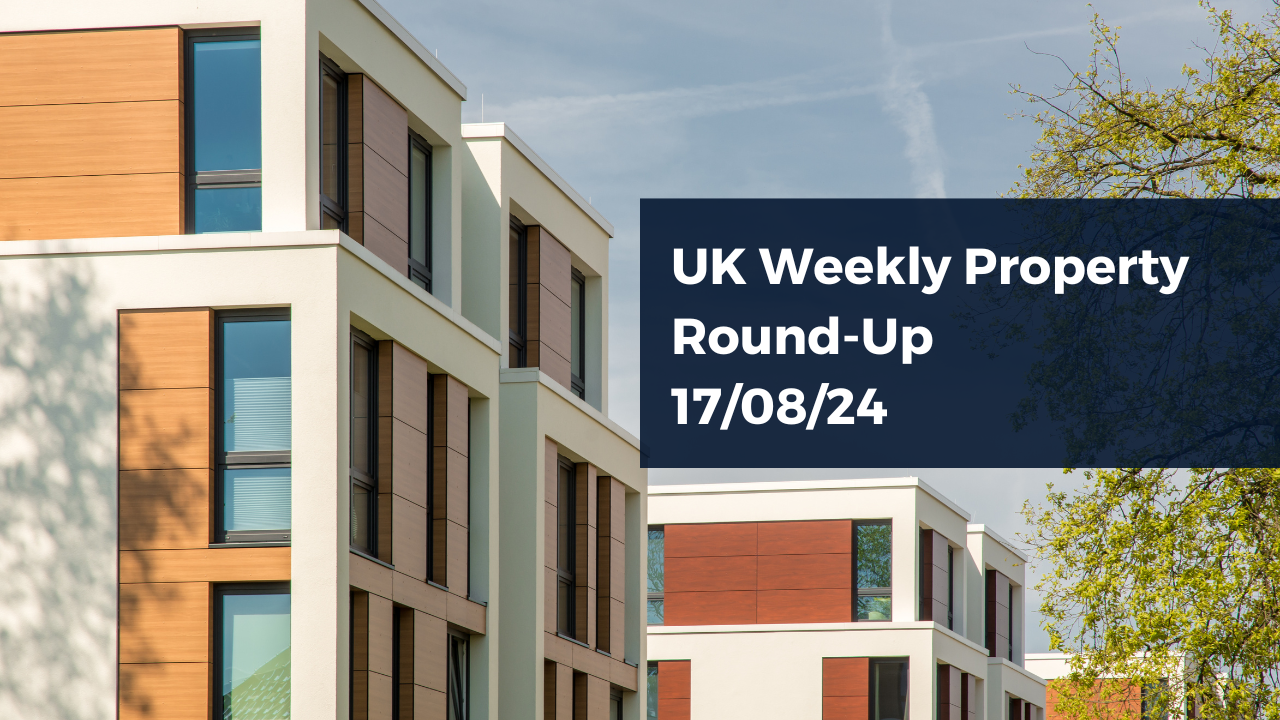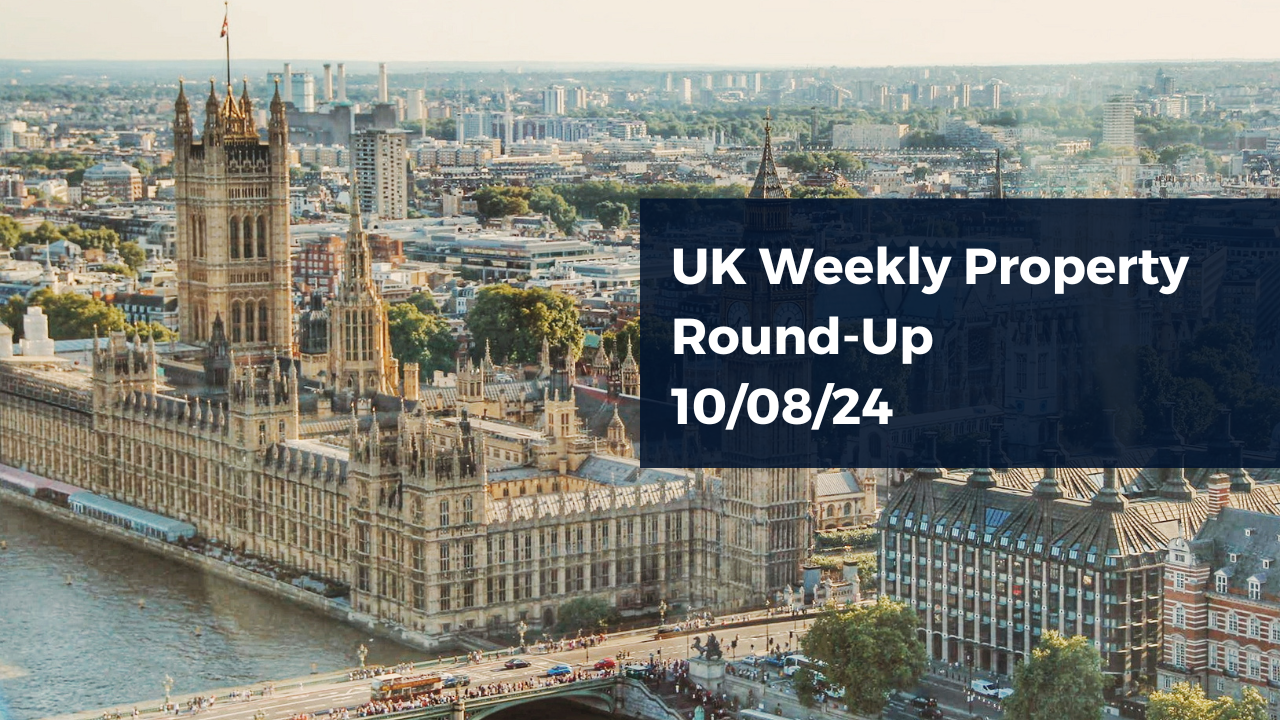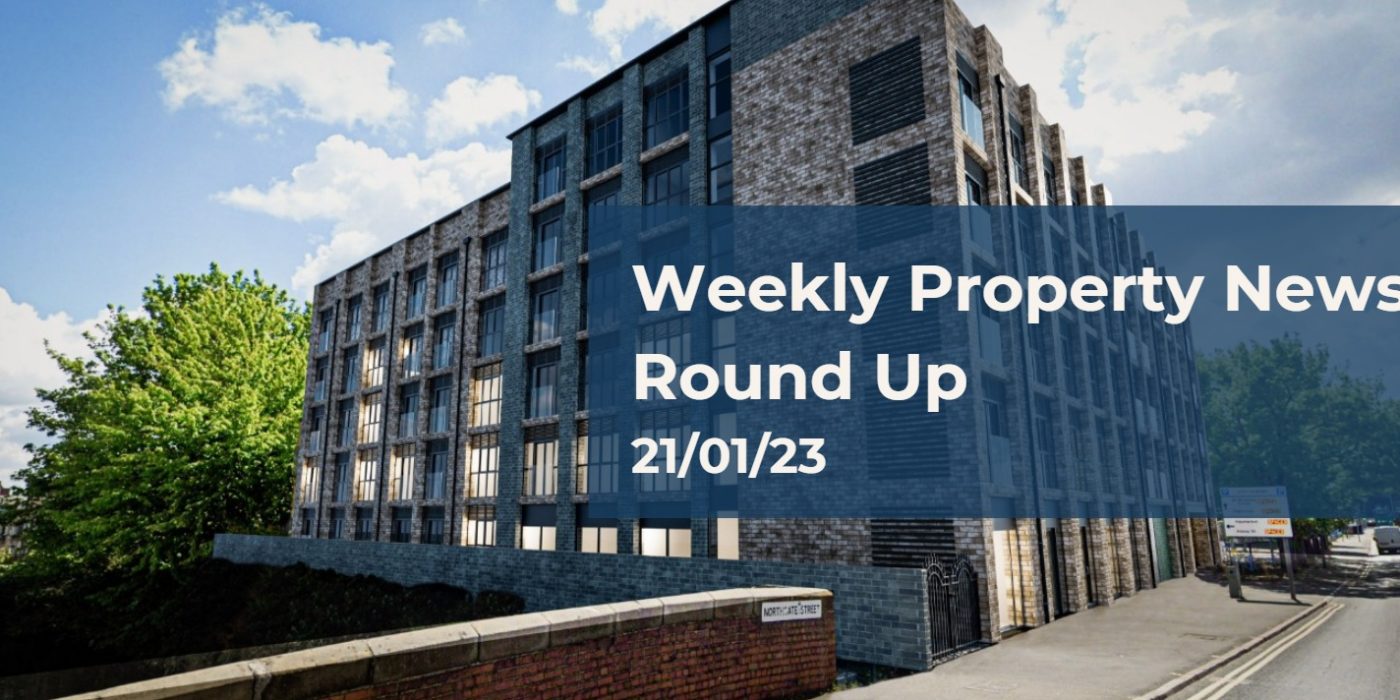There are many different ways in which you can get your foot on the property ladder and ensure a great return on your investment. For example, if you’re toying with the idea of becoming a landlord and renting out properties in your local area, you’ll have likely come across the phrase “buy-to-let”.
What is a Buy-To-Let?
As the name suggests, a buy-to-let is a property purchased by an investor to rent it out. The income generated through rent, and through long-term capital appreciation, can provide a substantial return on investment for buyers. You can learn more about this in our buy-to-let investment guide.
What To Consider Before Investing In A Buy-To-Let?
No matter how much money you are investing, it’s crucial that you do your research ahead of time to ensure you know what kind of situation you’re getting yourself into. As such, there are many factors that you must take into account before investing in a buy-to-let. In this section, we’ll explore the key points to consider.
Consideration 1: BTL Mortgages Require Higher Deposits than Standard Mortgages.
One of the most significant differences between standard and BTL mortgages is the required deposit. In a standard mortgage, buyers must pay a minimum of 5-10% of the property’s overall value upfront. However, for BTL mortgages, the deposit is between 20-40% of the property value.
In short, if you want to get into buy-to-let investment, you’ll need a substantial budget. Most investors start with around £50,000.
Consideration 2: Ownership structure
As a landlord with a buy-to-let property, there are two forms of ownership for you to consider, depending upon whether you want to own the property as a sole trader or set up a company.
Benefits of owning property as a sole trader:
- Operating as a sole trader allows you to oversee and manage your money easier (as it comes directly into your personal account).
- The process of obtaining a buy-to-let mortgage is often easier.
- You’re only taxed once on the profits from your property, at your personal income tax rate.
Negatives of owning property as a sole trader:
- You have personal liability, meaning your personal assets are at risk should you land in a tricky financial situation.
- You’ll have to pay Capital Gains Taxes (CGT) on any profit you make selling the asset.
- Mortgage interest payments cannot be classified as an expense, which can push landlords into higher income tax bands.
Benefits of owning property through a limited company:
- There’s more flexibility when extracting profits through a salary or dividends.
- Profit extraction can be carefully planned for maximum tax efficiency.
- You can bring members of your family on board.
Negatives of owning property through a limited company:
- Increased workloads and administrative duties, such as registering the company and maintaining accounting records.
- It is sometimes more challenging to obtain the BTL mortgage you are looking for.
Consideration 3: Your goals
Before investing in a buy-to-let, you must also work to figure out what your intentions or long-term goals are as a result of the investment. For example, are you after huge capital growth, profitable rental income, or a blend of the two?
Consideration 4: Property type
It goes without saying that different types of assets produce different results over time.
For example, residential properties tend to increase in value quicker than student houses. However, student houses can return stronger rental yields. This is because you’ll receive rental payments for each individual room. For example, a 2021 study reported that student properties generated a mean gross yield of 6.15 – 6.6%, compared to 5.43 – 5.6% for those who do not let to students.
This doesn’t necessarily mean student property is better (in fact, the capital appreciation of residential property often outweighs the worse yield). However, it does mean you need to consider the effect different asset classes will have on performance and, therefore, which you’re more interested in.
Consideration 5: Locations
The amount you can expect to earn through your rental also depends upon the property’s location. You can expect higher returns from properties with:
- Good transport links, especially in inner-city areas
- Plenty of amenities close by
- High-performing schools or educational facilities nearby
- Parking
Of course, certain regions, towns and cities will also offer better opportunities than others. For example, our own research found the best rental yields in the UK are largely achieved across the north, with two postcodes in Nottingham coming out on top.
In short, considering where you’ll buy is a must – the areas that first come to mind might not be the best, based on industry data. London, for example, has historically shown the strongest capital appreciation in the country, by some distance, but has been overtaken by the North West as the number one spot in the UK for property investment due to the region’s better value for money and potential for further growth.
Consideration 6: Tenants
Figuring out your ideal tenants is also a significant factor in your property investment journey.
Families, for example, are usually a safe, long-term bet as they favour stability. But then, you’ll need to consider what will make a family more likely to rent a property. For example, garden space, garages, bedrooms, and parking spots can be essential factors.
Meanwhile, young professionals are more concerned with onsite amenities, transport links and central locations, as they’re happy to pay a premium for high-quality apartments, short commutes and being part of the city-centre lifestyle.
Consideration 7: Taxes
Before investing in a buy-to-let, you should also know what kind of tax payments you’ll be expected to pay. After all, the last thing you want to do is to land yourself in a difficult situation further down the line. Fortunately, we’ve written an entire guide on the subject: Buy-To-Let Taxes: An Overview
The main takeaways are that you will pay taxes on any profits that you earn from renting out your property, either via income tax or corporation tax – depending on your ownership structure. Also, if you sell the property, you may have to pay Capital Gains Tax (again, it depends on how you own the property).
Consideration 8: Management options
As mentioned, a lot of work goes into maintaining a successful rental property – whether attempting to protect your asset or keep your tenants happy. For those looking to lighten their workload, you could work through a management company. This way, much of the hard work is taken off your shoulders, though this process will incur additional fees.
Working ‘solo’ as a landlord will not cost you any extra money, meaning higher profitability, though you will have your work cut out for you.
This is because you must ensure that you comply with all letting laws and requirements currently in place in the UK. As such, you must familiarise yourself with these legislations, whether they relate to health and safety, property maintenance, repairs and tenancy deposit schemes. Failure to do so could land you in a difficult situation in the future.
Conclusion
Once you’ve taken the above factors into consideration, you’ll likely have a stronger idea as to whether or not investing in a buy-to-let property is right for you. In addition, thinking about the factors above should help you determine your investment plan.
And while the process of obtaining the mortgage, buying a property and finding the right tenants can be laborious – it’s important to note that it can also be incredibly lucrative, making it a worthwhile investment of your time, energy and money.
If you need any help with the property investment process, feel free to contact our team. We’re a specialist advisory company, we help clients find suitable properties across the UK and Dubai, with no fees or hidden costs. Contact our team today to get started.




































